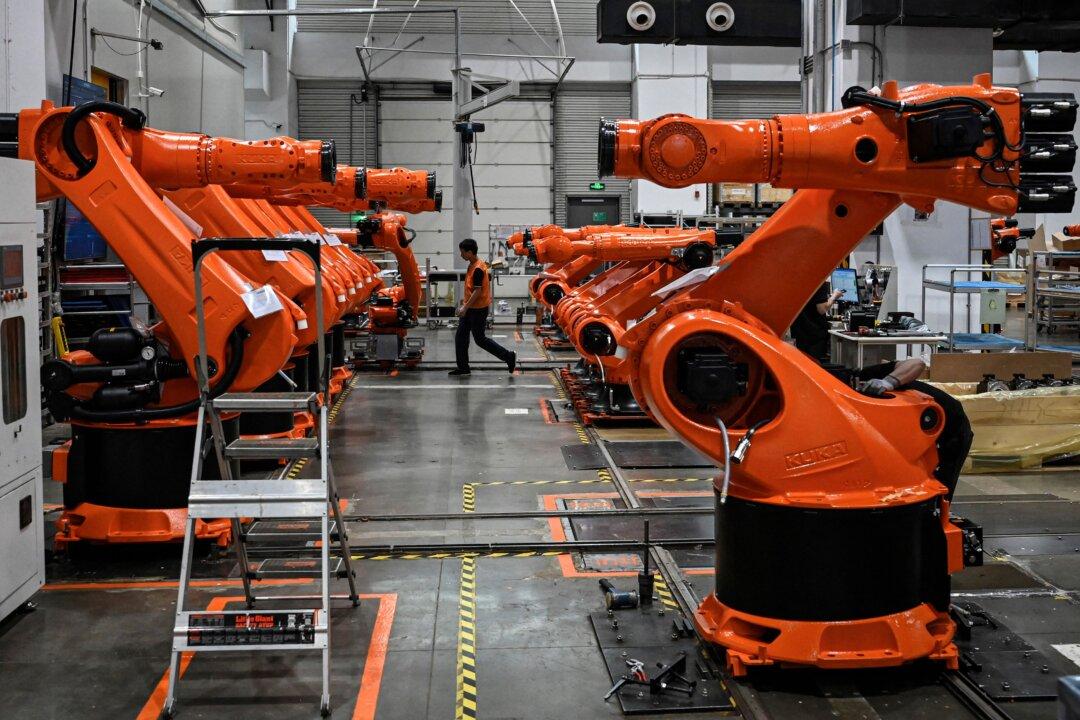News Analysis
With the Chinese economy faltering and domestic demand weakening, the authorities are implementing a policy of replacing old appliances with new ones, causing uproar among netizens.

With the Chinese economy faltering and domestic demand weakening, the authorities are implementing a policy of replacing old appliances with new ones, causing uproar among netizens.